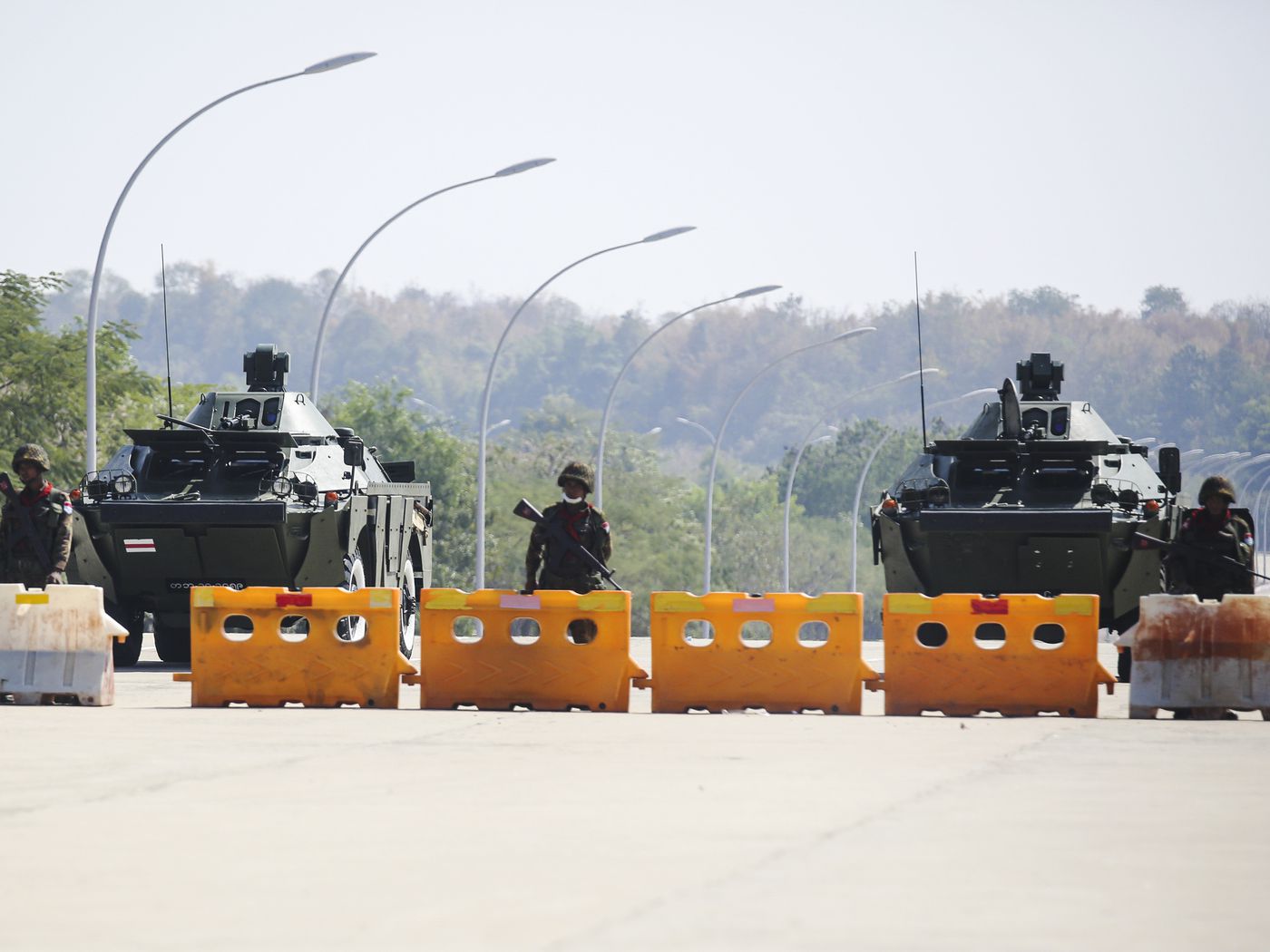In the past decade, the number of successful coups was on a steady decline, with a max of two successful coups in a year between 2015 and 2020. This number was down from decades past, suggesting that coups were becoming less effective and that governments were becoming more stable across the board. However, since 2019, there have been eight successful coups. In 2021 alone, there were five successful coups — in Myanmar, Sudan, Chad, Guinea, and Mali. The sudden uptick in successful coups since the COVID-19 pandemic indicates that poorer countries have been facing more political turmoil, unrest, and struggles over resources due to the coronavirus. Because the pandemic has made a strain on the economies and governments of countries around the world, it’s understandable that there would be more coup attempts and successful coups, and that poorer and weaker governments would be the most susceptible to such attempts.

Myanmar was one of the five coups during 2021, taking place on February 1st, 2021 after a general election in which the National League for Democracy (NLD) party won in a landslide victory. The NLD chairperson, Aung San Suu Kyi, played an active role in moving the Myanmar government from being military run to partially democratic in the 2010’s. Following the NLD’s decisive victory, the military, which backed the opposition to the NLD, seized control of the government with claims that the election was fraudulent and that a redo of the vote was necessary. The election commission said there was no evidence to support these claims. During their takeover, the military, led by commander-in-chief Min Aung Hlaing, has imprisoned Aung San Suu Kyi and sentenced her to six years in jail in a process that NLD supporters have condemned as show trials. Foreign actors such as the United States and the United Kingdom, as well as the United Nations, have condemned the coup, implementing sanctions against military leaders in Myanmar and remaining concerned about the violence, worsening economy, and degrading conditions that have stemmed from the coup. Since the military takeover, supporters of Aung San Suu Kyi and the NLD have organized enormous peaceful civil disobedience movements, quickly gathering large peaceful protests and massive general strikes that have crippled the military government’s economy. The military’s reaction to the protests quickly turned violent, and has only ramped up since the initial coup. So far, there are over 1,000 protesters who have been killed and at least 10,000 arrested. The response to the junta’s violence by NLD supporters and ousted officials has been to form a parallel government called the National Unity Government (NUG) along with an armed police force of their own known as the People’s Defense Force. Much of the violence since the coup has resulted from the formation of the NUG and the People’s Defense Force, as the military government has focused their attacks on possible NUG supporters, and the two armed groups often engage in combat, creating an increasingly unstable situation. The military government has escalated to destroying whole villages that they believe side with their opposition, indicative of the fact that the country is becoming more and more unsteady and moving further from democracy.
Although the cultural and political situations of each of the countries that have had coups since the start of the COVID-19 pandemic are unique, the overall rise in successful coups and increasingly violent situations in countries like Myanmar illustrates that many cultural and political tensions have been deepened and stressed by the virus and, in some situations, have boiled over into a coup. Stable forms of government are becoming more difficult to maintain in many poor countries at the moment, and it will be telling whether the rising trend of coups will continue to grow or if it will lessen as the pandemic wanes.

Hi Rogan! I really enjoyed reading your post. I did some research on illicit jade mining in Myanmar last year, and it was interesting to read your post and learn about what has happened since then. Illegal jade mining is a huge industry in Myanmar, and a lot of the money goes to members of the military. In times of crisis, like COVID-19, it seems like significant financial backing in addition to having a position of power is necessary in order to be able to continue to enact significant change (this is obviously also true in normal circumstances, I just think that crises make it far more relevant). Security is something that people are willing to pay for, almost regardless of the circumstances, so it makes sense that those in the military would have a strong platform during a crisis. I wonder what countries can do preemptively in order to ensure that these situations aren’t able to take place during a crisis. Strengthening democratic institutions in general is positive, but are there any other specific and/or temporary measures that leaders of countries in the process of democratizing can take that could protect them from coups?